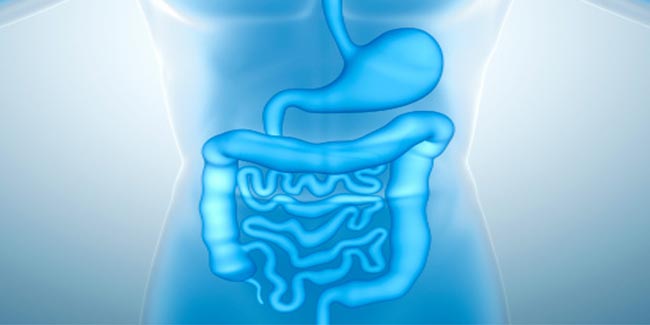
Irritable bowel syndrome or IBS is a common medical condition that affects people across the world. A majority of these people are women who are between the age group of 18 and 40.
The medical condition comprises abdominal discomfort as well as plain along with altered bowel habits that are either faltered or altered in nature. Irritable bowel syndrome is not so fatal as to be life-threatening. Also, it does not trigger other colon conditions such as Crohn’s disease, ulcerative colitis or colon cancer. Even though it doesn’t seem like much of a problem to the patient, it can turn out to be a chronic problem that has the ability to significantly impair quality of life. For instance, those people suffering from IBS end to miss work at least three times a week compared with people who do not have IBS. The patient also experiences the inability to participate in everyday activities.
Table of Content:-

Symptoms of Irritable Bowel Syndrome
Some of the common symptoms experienced by people suffering from irritable bowel syndrome include:
• Diarrhea
• Constipation that alters with diarrhea
• Abdominal cramps or pain that is mostly experienced in the lower half of the abdomen and is aggravated by meals as well as relieved by bowel movement. The patient often has more frequent bowel movement when he/she has pain and the stools are seen to be looser than otherwise.
• Excess bloating or gas.
• Abdominal distension
• Harder or looser stools
Few patients with IBS tend to experience symptoms that are not related to the digestive tract such as sexual problems or urinary symptoms. The symptoms of IBS can get worse with stress.

Causes of IBS
It has been at least 200 years since the time the disease was first discovered and the experts still do not know the exact causes of IBS and its symptoms. Many experts feel that the IBS symptoms are caused because of the problem of bowel motility i.e. the muscles in the bowels fail to contract normally, thus affecting the stool’s movement. More recent studies suggest that in irritable bowel syndrome the colon is hypersensitive i.e. it overreacts to mild stimulation by going into spasms. The bowel muscles spasm instead of following slow and rhythmic muscle contractions.
Another of the many theories suggest that substances that regulate the transmission of nerve signals between the brain as well as the GI tract can be possibly involved in triggering IBS symptoms.
Several factors can trigger irritable bowel syndrome and these include medicines, foods, the mere presence of stool or gas and also emotional stress.
Read more articles on Digestive Diseases.
How we keep this article up to date:
We work with experts and keep a close eye on the latest in health and wellness. Whenever there is a new research or helpful information, we update our articles with accurate and useful advice.
Current Version